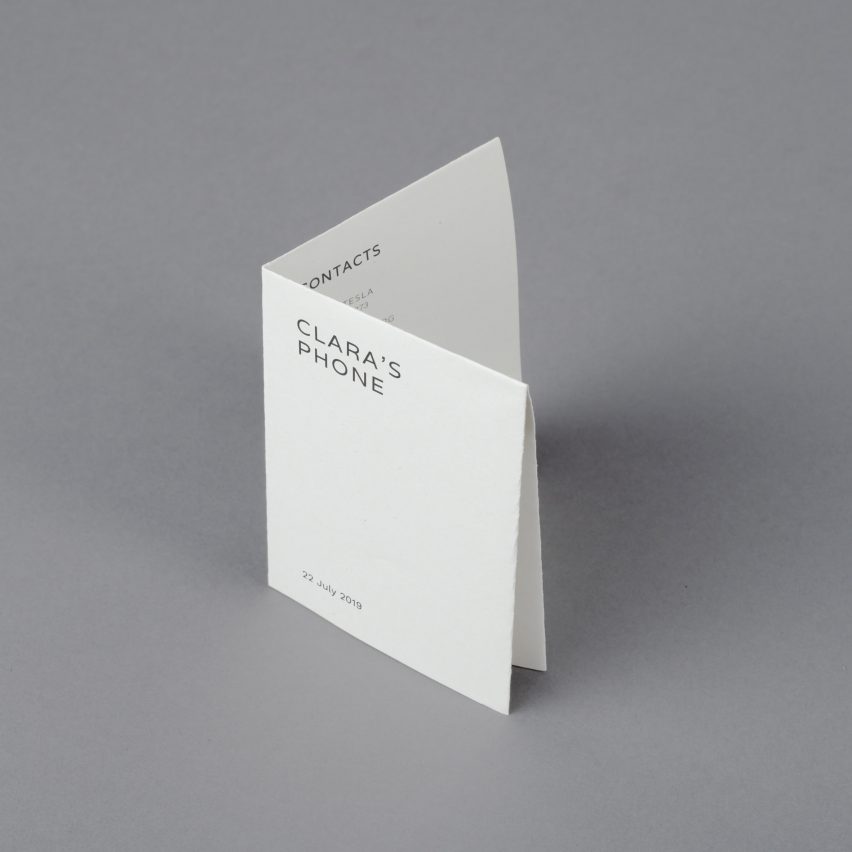
London design studio Special Projects has developed an app that condenses important information such as contacts and maps onto a paper print out to help people live without their device for a day.
The app lets users select things from their phone that they will need that day – whether it's their calendar, a to-do list or tickets – and formats them into a simple grid that fits onto a single sheet of a A4 paper.
This can then be printed out and folded into a pocket-sized booklet that also has a slot to keep your credit card, so you can make contactless payments.
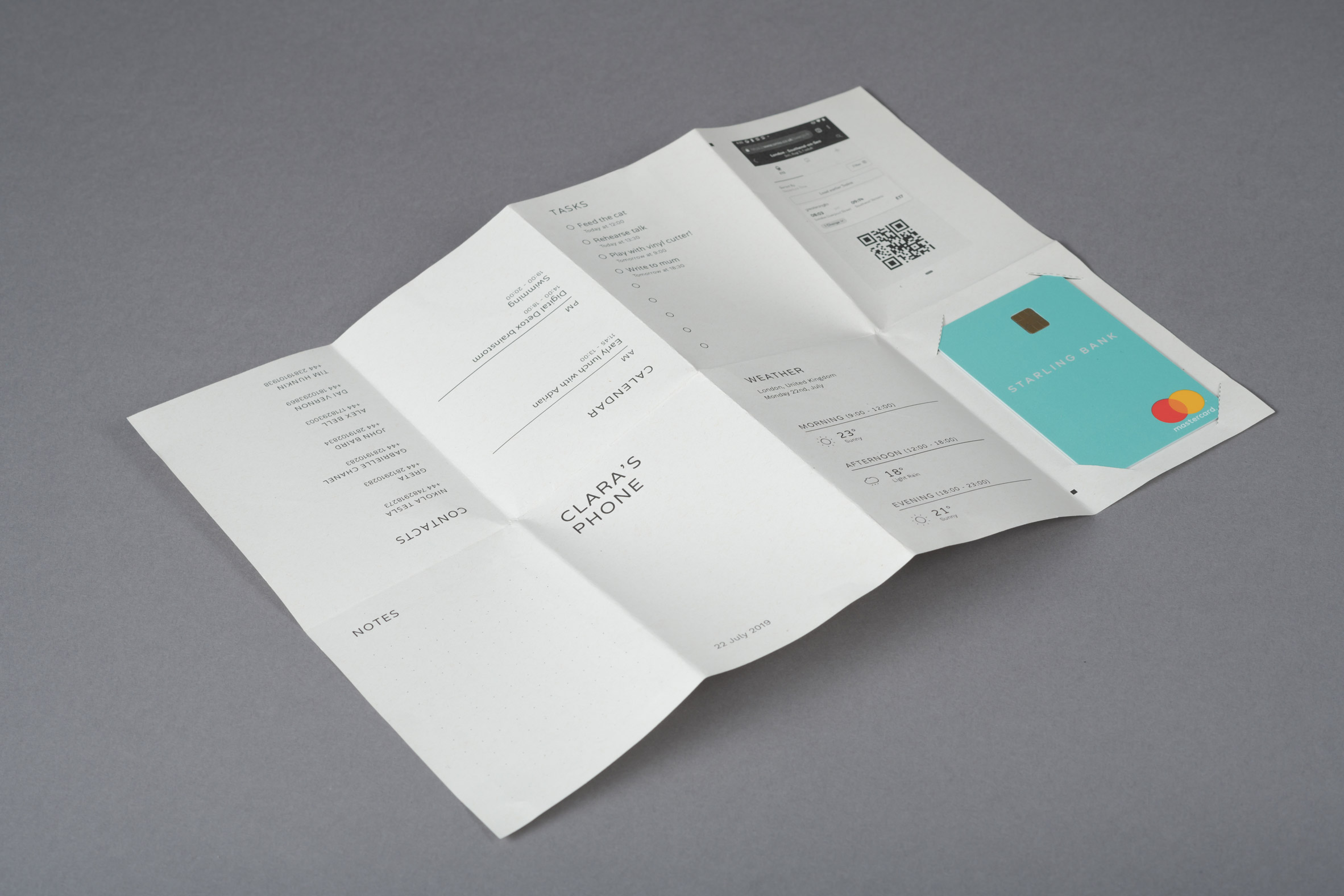
"We interviewed a lot of people to ask them about the ways they balance technology, and about the things they would class as essential on their device," explained Special Projects co-founder Adrian Westaway.
"It was those insights that informed the content of the paper phone and you'll see playful elements in there such as games, which were directly inspired by the interviews."
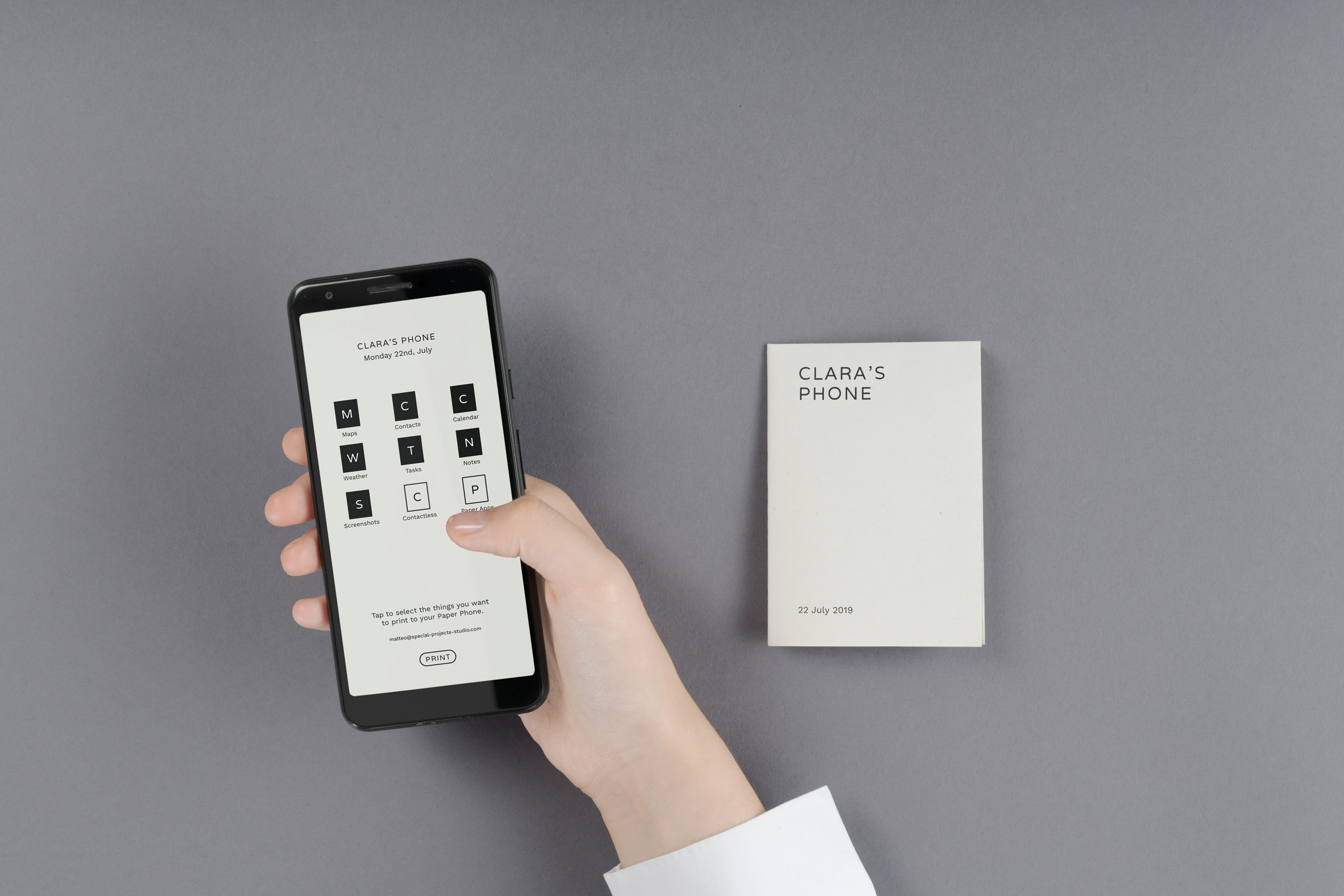
The preliminary interviews showed that, although most people might like to leave their phone at home for a day, but they're afraid of not having access to the necessary, day-to-day information it contains, like public transport routes or a parent's phone number.
Paper Phone aims to be the answer to that, as a "gentle, empathetic way" to ease people into a digital detox, with a user experience that's centred around playfulness rather than the feeling that something is lacking without their phone.
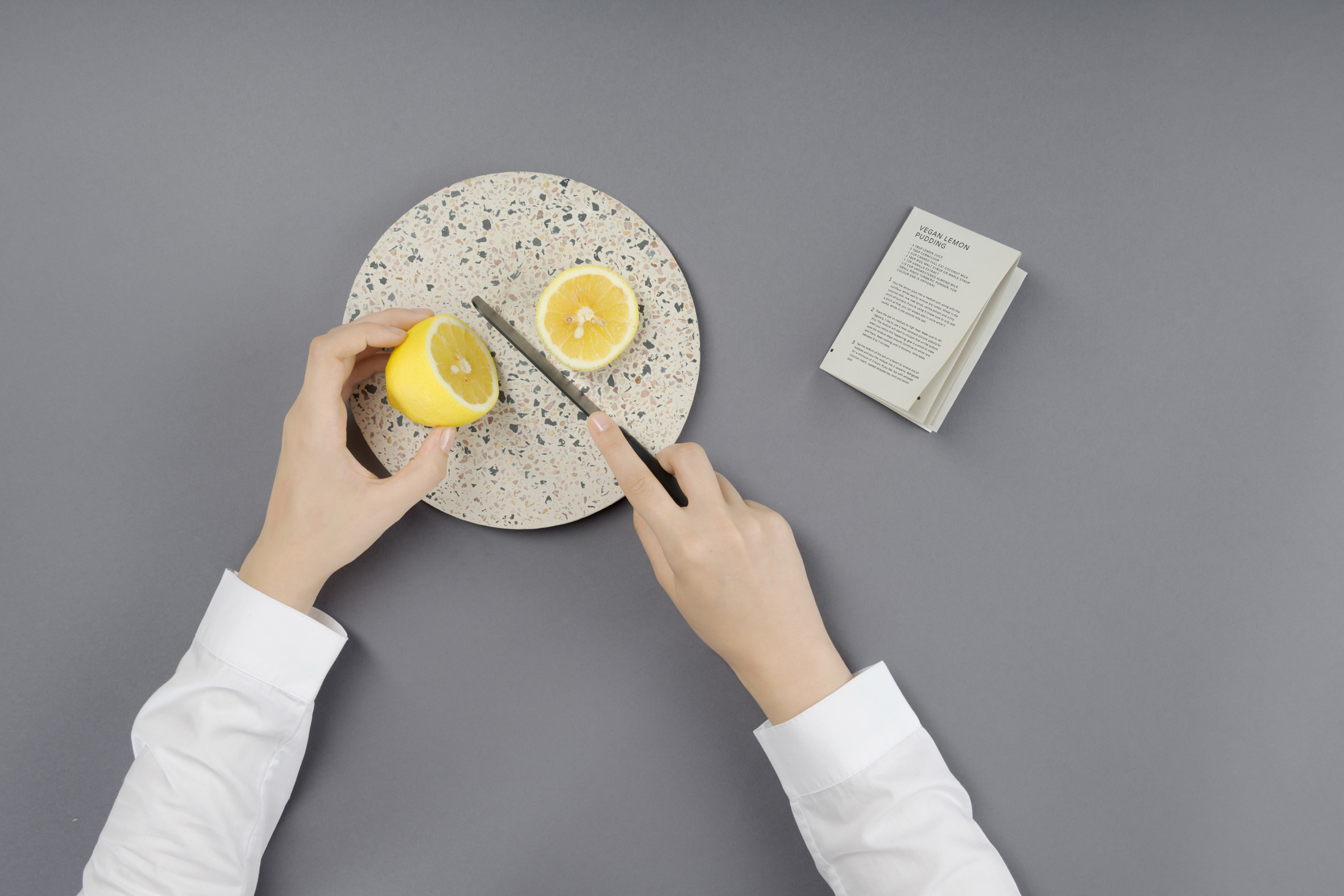
"In the studio we have a mix of backgrounds, in engineering, design and also magic, and there is always a small element of delight or 'magic' in what we do as long, as it stays anchored in reason and function," Westaway told Dezeen.
In this case, the key was striking a balance between making the Paper Phone fun to use, while not overcrowding it with extraneous functions.
"People used to demand more features, but now things have changed and instead we want technology to take a back seat and dominate our experiences less," he explained.
"Calm technology was first coined in the mid-nineties by Mark Weiser and John Seely Brown, and it's just incredible how on-the-rise it is today. We are always trying to take the technology part out and instead focus on the experience someone has, to transform your device into a calmer, quieter, simpler version of itself."

The project was created as part of Google's Digital Wellbeing Experiments, which seek to help people find a better balance with technology. This means that the app is currently only available on Android phones.
With the aim to make the project as accessible, low cost and sustainable as possible, the app is completely open source and can be adopted and adapted by anyone.
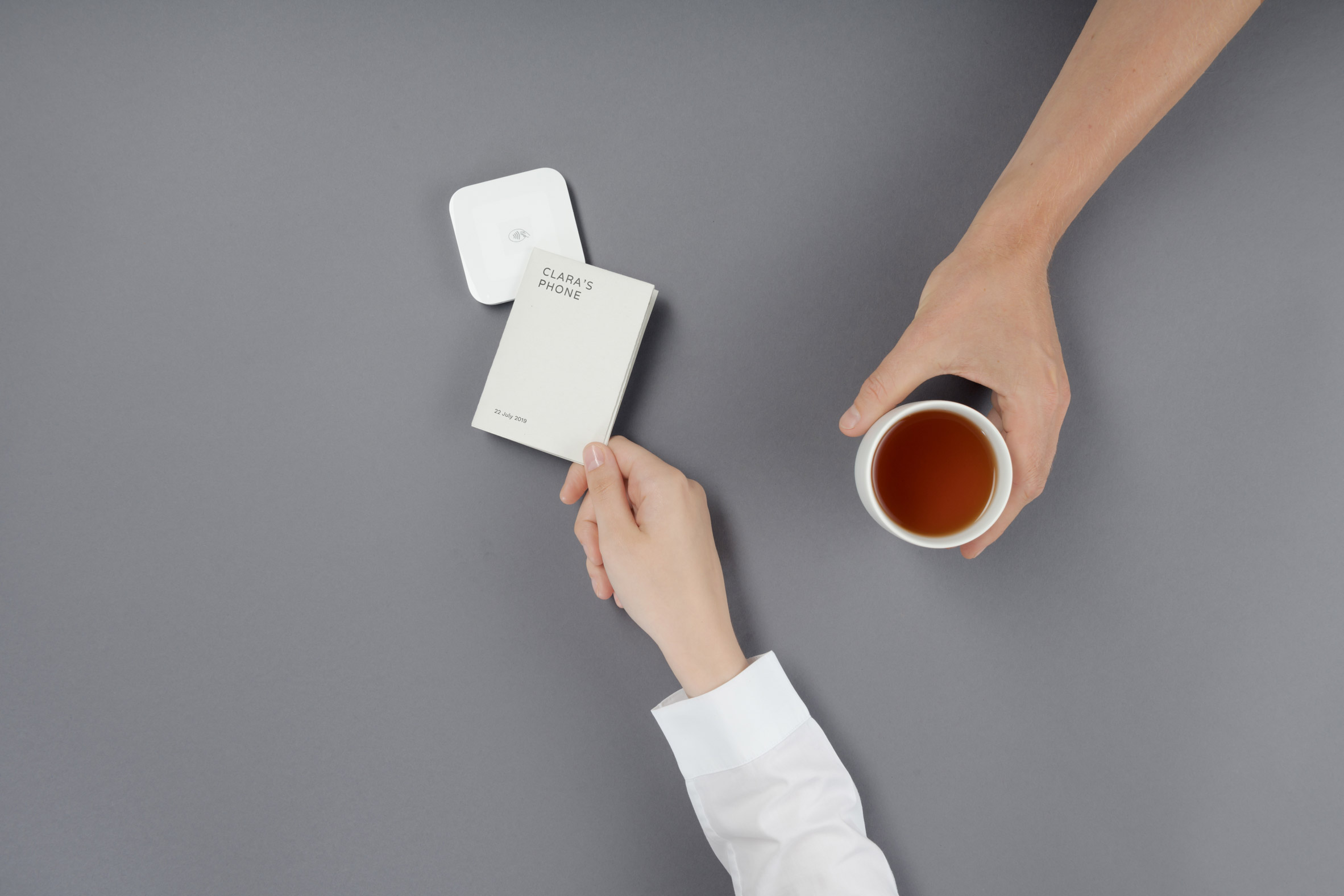
"If you worry about the environmental impact of printing a sheet of A4 every single day, you’ll be surprised to know printing one page per day would produce approximately 10 grams of CO2 in a year," said Westaway.
"In contrast, using a mobile device for one hour a day produces 1.25 Tonnes of CO2 at the end of the year, taking into account network and server infrastructure energy requirements."
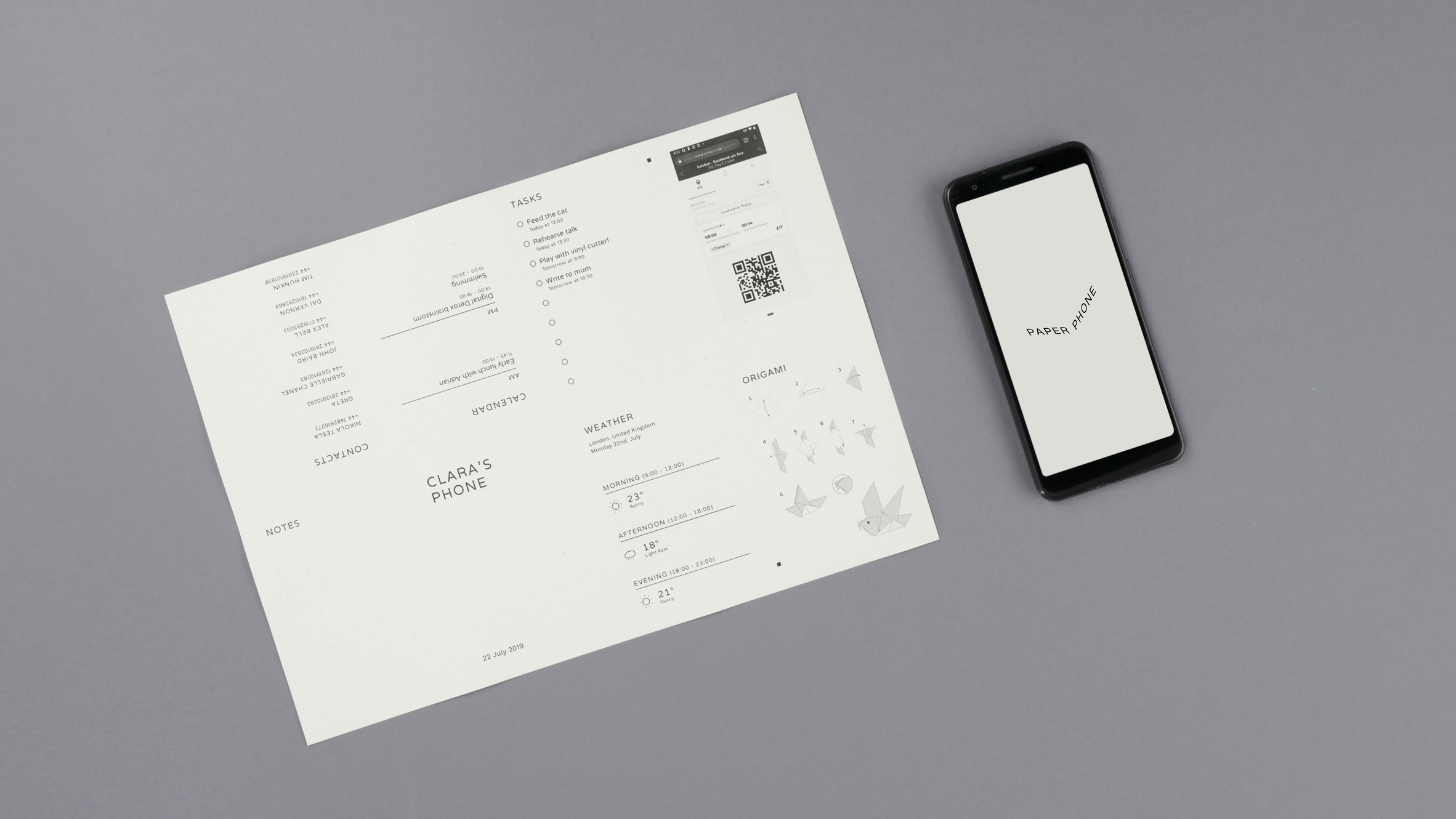
Elsewhere in the space of calm technology, design studio SF-SO has recently reverted speakers, radios and smart door locks back to their sensory, analogue interfaces, while researchers from MIT Media Lab have wired plants to act as motion sensors and displays to offer a more nourishing alternative to electronic screens.
The post Special Projects distills essential smart phone functions into a daily Paper Phone appeared first on Dezeen.
from Dezeen https://ift.tt/39gG44s
No comments:
Post a Comment